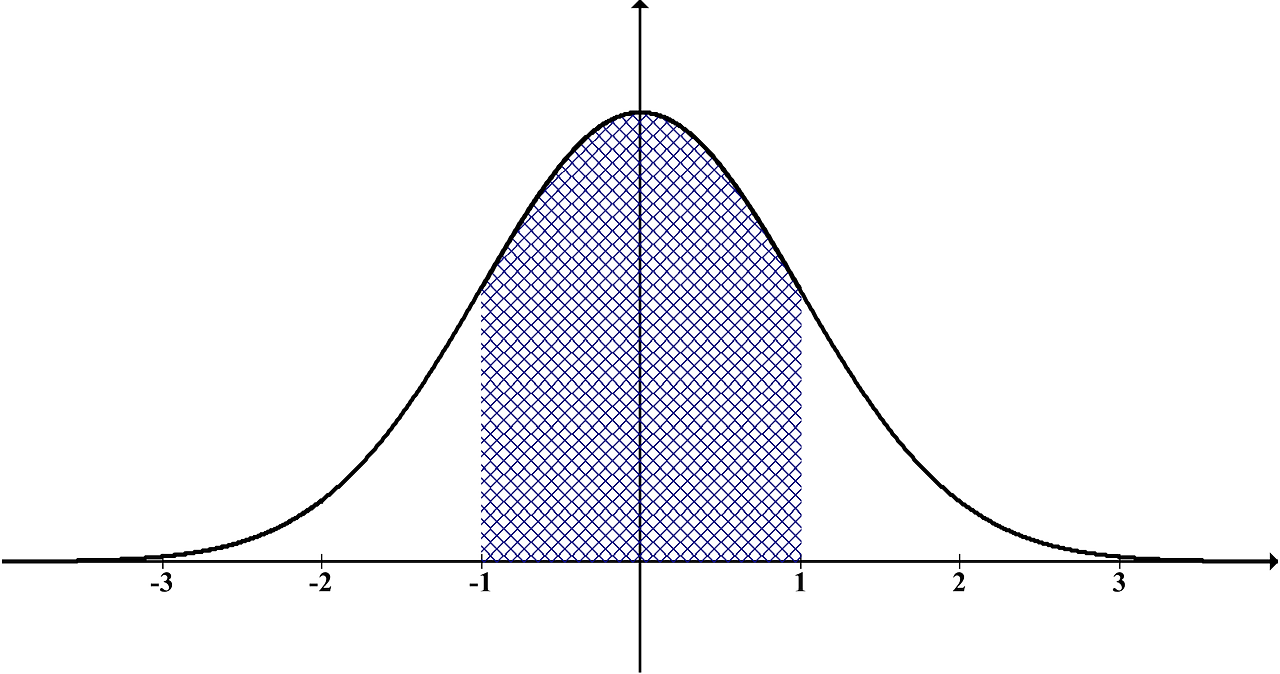
If you think you’re doing badly now, just wait until you’re “equal.”
As with Big Oil, Big Tobacco, and Big Tech, Big Equality is big business — in this case monkey business. Thus is it no surprise that it was a big theme at Tuesday night’s Democrat debate in Detroit, Michigan.
As American Thinker’s Loren Smith writes, in the debate,
several unworkable schemes and hackneyed themes kept re-emerging. But the most dangerous common refrain was (essentially) that “not everyone has benefited equally” and “some people are still being left behind” and “we must close the wealth gap.” Implicit in these shop-worn phrases, that predictably went unchallenged by the immoderate moderators, was the progressive holy grail that until all people are rendered equal in all aspects, society will remain a hellish, rotten fiasco.
It is obvious that most politicians are not even minimally trained in scientific disciplines, but have these fools never once heard of a bell-shaped curve, otherwise known as a normal distribution curve? Of course, some of the more intelligent ones have, but in order to pander to numerous unintelligent potential voters, they must continue to pretend that all people can be equal, now and in the future.

“Yet ‘From each according to his ability, to each according to his needs’ is a well known slogan popularized by Karl Marx in 1875 and historically loved by progressives,” Smith also writes. “Implicit in its phrasing is the understanding that people have different abilities. Marx didn’t say, ‘From each no matter what his ability, to each according to his needs. That wouldn’t work.”
Excellent point. Even old-line Marxists recognized the inherent differences among people; this is why, mind you, the USSR made Lysenkoism’s belief in the heritability of acquired traits state-enforced dogma. They understood that unless man’s nature was malleable and thus alterable, their equality schemes could not work.
Yet today there’s a common supposition that, were it not for unjust discrimination, outcomes across groups would be identical. It’s hard to say how many left-wing politicians actually believe this, but this idea is predicated on the notion that people are inherently equal in terms of worldly abilities. There’s an irony here, too: Those who most dogmatically embrace this fancy are evolutionists.
As G.K. Chesterton pointed out, if people “were not created equal, they were certainly evolved unequal.” After all, since evolution holds that groups lived and developed separately for millions of years — subject to different environments, stresses, adaptive requirements and to the luck of the draw — their winding up “equal” was, for all intents and purposes, an impossibility. Earlier evolutionists recognized and accepted this reality, do note, and in fact became eugenicists.
Equality Is Not a Thing of This World
Yet it’s not just evolutionists, as the traditional Christian view never trumpeted equality, either. Consider that the word “equality” appears in only 21 biblical verses, and mostly referring to matters such as weights and measures. Moreover, some theologians believe there are even divinely ordained hierarchies in Heaven.
Prior to the so-called Enlightenment, in fact, our equality hang-up was unknown. The point is that whether you believe we’re accidentally different or supernaturally so, equality is not a thing of this world.
Do we see it in nature? Some species can dominate others or are more adaptable, which is why the rat is a pest and the dodo is extinct (and, in reality, the rat helped drive the dodo to extinction). Even within species, some members are hardier, smarter, faster, or stronger than others. And there are alphas and betas, with a silverback gorilla running his troop and a dominant lion leading his pride.
As for man, there are billions of possible combinations when a couple has a child. Oh, what combinations they are, too. How many of us can play golf like Tiger Woods, defy gravity and shoot baskets like Michael Jordan, or compose music at age four as did Mozart? People have greatly varying IQs, physical capabilities, personalities, inclinations toward virtue, and gifts.
So equality is unnatural. Yet being natural does not, by definition, make something good. Arsenic is natural, as is rape in the animal kingdom. Greed, lust, and envy come quite naturally to us, and the “It’s innate, therefore it’s okay” argument is used today to normalize perversion. The question is, though, is naturally occurring inequality a bad thing that must be combated?
Equality Tells Us Nothing About Quality
When someone proclaims “We must close the wealth gap!” we should ask: Why? Equality tells us nothing about quality.
Consider an example I often use: Imagine two tennis centers training children. After a given period, all the kids at the first are advanced beginners. At the second, there are some advanced beginners, a large group comprising varied intermediates, a decent-size set of advanced players and a few approaching tournament caliber. Which center exhibits more equality?
Now, at which are the kids faring far better on average?
This absolutely reflects the “income gaps” reality. The rich are getting richer — but so are most others. As even left-wing Think Progress reported in 2013, the current standard of living worldwide is history’s highest. Thank the spread of the market-economy meritocratic system.
In reality, we should be afraid when people start talking about eliminating performance-oriented gaps because this can only be achieved by hobbling the successful. Just imagine, for instance, that you aimed to close the gaps in tennis skill. Would it be possible to help everyone play like Novak Djokovic or Rafael Nadal? All you could conceivably do is keep everyone down at the level of the lowest common denominator.
Nonetheless, we’ll continue to hear much equality dogma. Like “diversity,” it’s a fashionable faux virtue, one enabled by vices such as intellectual sloth and envy in the population and power-lust in politicians.
If you think you’re doing badly now, just wait until you’re “equal.”
As with Big Oil, Big Tobacco, and Big Tech, Big Equality is big business — in this case monkey business. Thus is it no surprise that it was a big theme at Tuesday night’s Democrat debate in Detroit, Michigan.




